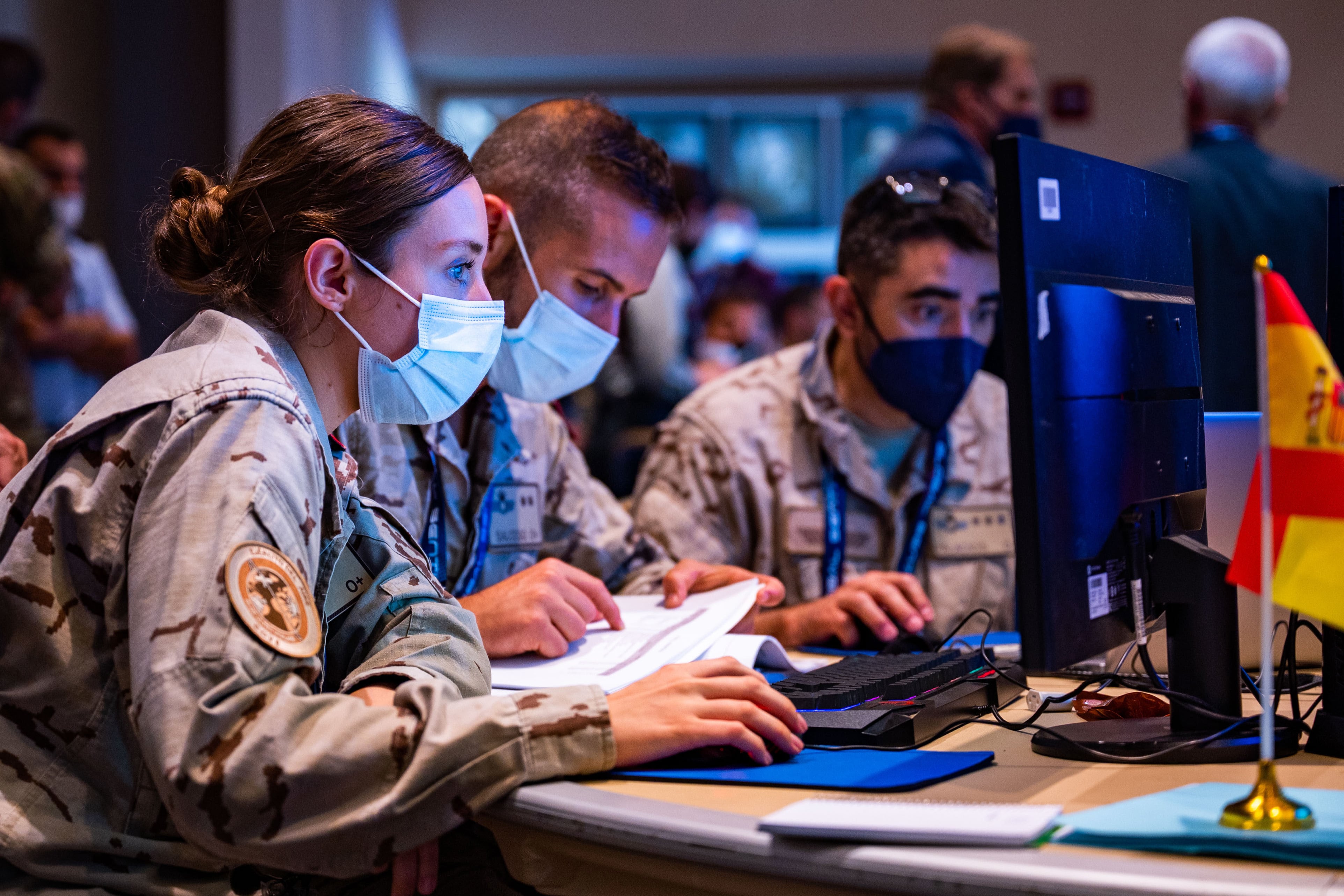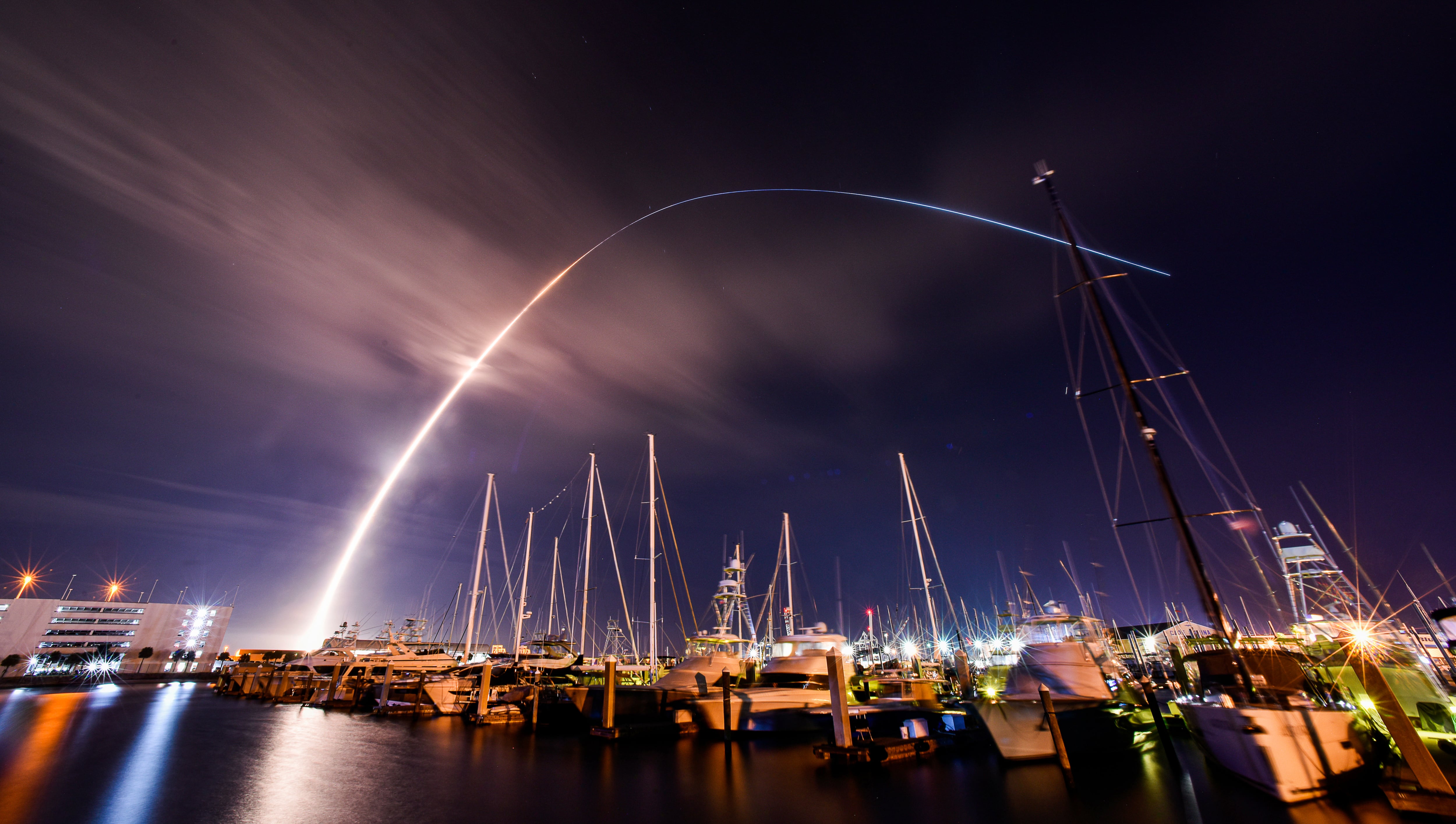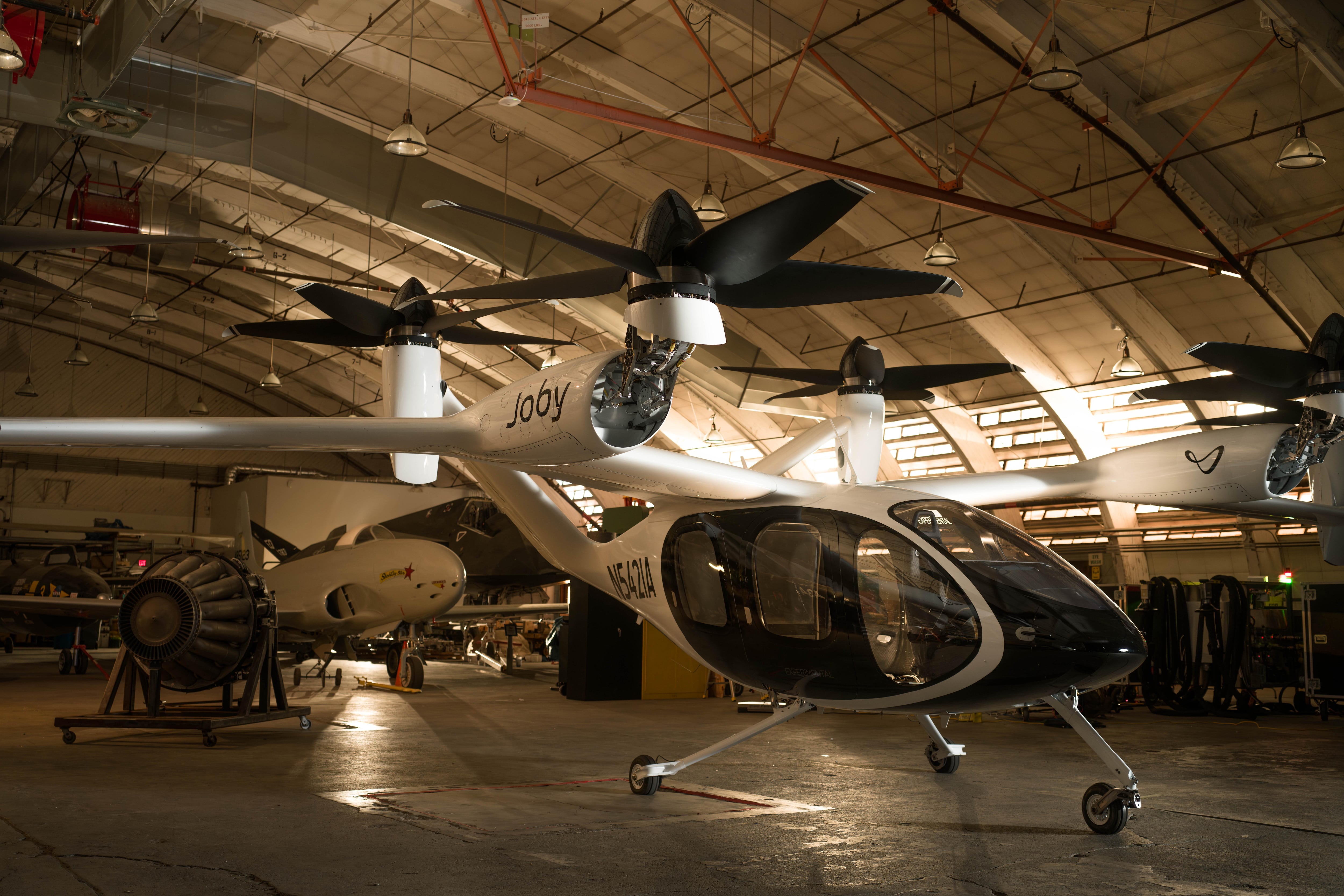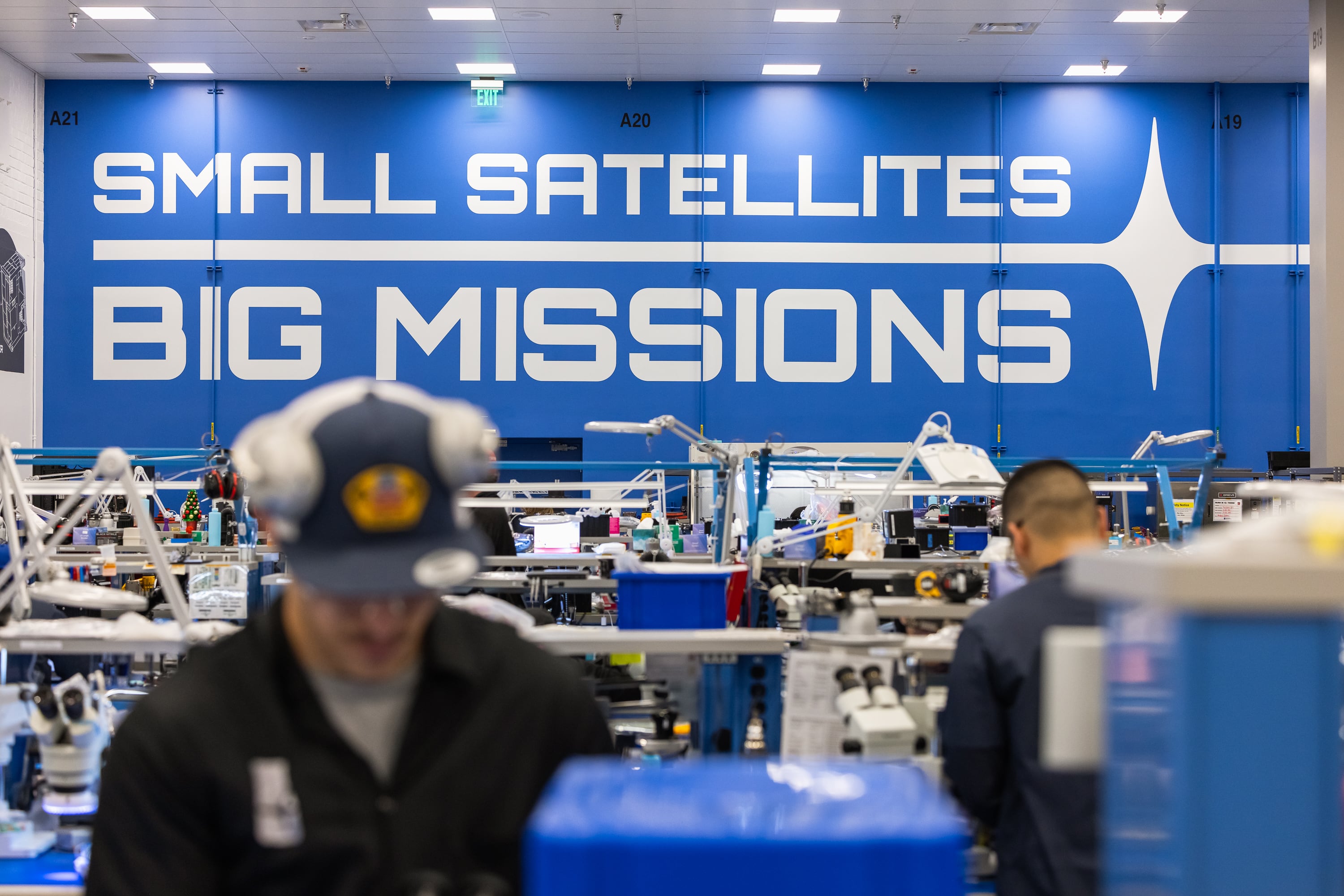The Intelligence Advanced Research Projects Activity is turning to crowd-sourcing, with the goal of fostering a community that will produce accurate maps from satellite photos.
IARPA's Multi-View Stereo 3-D Mapping Challenge will invite a broad research community, including members from industry and academia with a wide range of experience in multi-view satellite imagery, to convert satellite imagery into 3-D models. Emphasizing efficiency and convenience, the challenge bypasses the traditional contracting process.
"Numerous commercial satellites, including newly emerging CubeSats, cover large areas with higher revisit rates and deliver high-quality imagery in near real-time to customers," HakJae Kim, IARPA program manager, said in a released statement. "Although the entire Earth has been, and continues to be, imaged multiple times, fully automated data exploitation remains limited."
Running through September 2016, the challenge will consist of the Explorer and Master contests, each progressing in level of difficulty. Solvers will be generating and submitting algorithms to convert high-resolution satellite images to 3-D point clouds, a three-dimensional coordinate system. During the contest, participants will be provided with Digital Globe commercial satellite images that cover challenge sites in full National Imagery Transmission Format as well as a KML bounding box for each challenge area.
Among the key goals the intelligence community's research arm aims to hit through the challenge: promoting research in multiple-view, stereo algorithms as applied to satellite imagery; stimulating various communities to develop and enhance automated methods to derive accurate 3-D point clouds from multi-view satellite imagery; fostering innovation via crowd-sourcing and overcoming research limitations for 3-D point clouds; and cultivating and sustaining an ongoing collaborative community within this technology discipline.
A leaderboard will rank participants based upon solvers' accomplishments enabling peer review and appreciation from industry, government, and academia. A cash prize of $100,000 is up for grabs for the most accurate and complete solution.
Mark Pomerleau is a reporter for C4ISRNET, covering information warfare and cyberspace.








